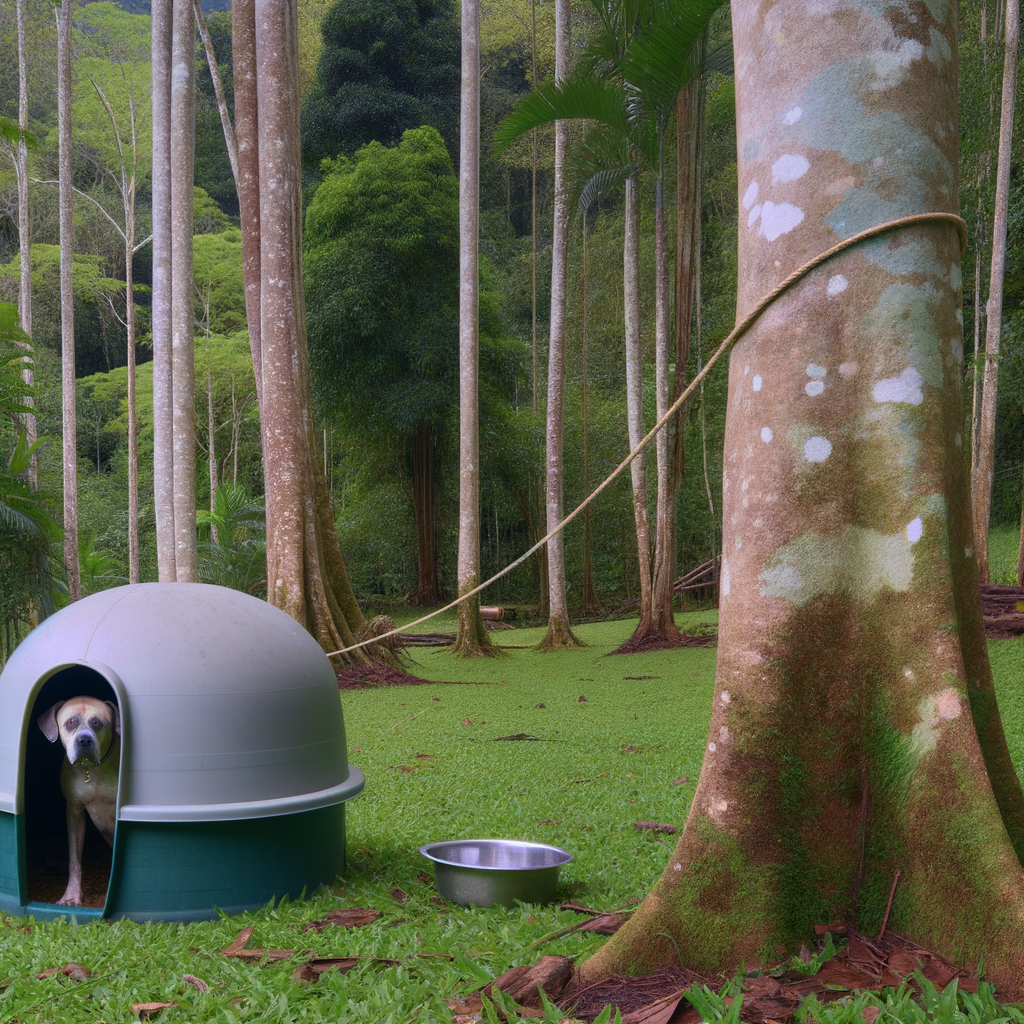Feeding dogs a raw food diet has become a hot topic among pet owners seeking to mirror what they believe to be a more “natural” canine lifestyle. While the appeal of raw meat, fruits, and vegetables may seem rooted in ancestral wisdom, veterinary experts and scientific evidence suggest that this approach can present serious health risks. Particularly when it comes to dogs with compromised immune systems, such as those undergoing cancer treatment, the dangers of raw feeding can outweigh any perceived benefits. For those exploring safe and balanced dog nutrition, understanding the risks of raw food diets is crucial.

A raw dog food diet typically includes uncooked muscle meats, organ meats, bones, and raw produce like carrots or blueberries. Advocates claim benefits such as shinier coats, better dental health, and increased energy. However, these claims are largely anecdotal and not consistently supported by scientific research. More importantly, the risks associated with raw diets are well documented and can have serious implications for both canine and human health. For anyone researching “raw food diet for dogs” or “is raw meat safe for dogs,” these concerns deserve careful attention.

One of the most pressing dangers of feeding dogs raw meat is the potential for bacterial contamination. Pathogens such as Salmonella, E. coli, Listeria, and Campylobacter are commonly found in raw meat and can cause severe illness in pets. Dogs affected by these bacteria may experience vomiting, diarrhea, lethargy, and in extreme cases, life-threatening complications. More troubling is the fact that dogs can become asymptomatic carriers of these pathogens, posing a risk to their human families, especially young children, older adults, or individuals with weakened immune systems.
Another significant concern is the nutritional imbalance that often accompanies homemade raw diets. Crafting a diet that meets all of a dog’s nutritional needs requires specialized knowledge in canine nutrition. Without proper expertise, it is easy to create meals that lack essential vitamins, minerals, or the correct balance of macronutrients. Even commercially prepared raw diets, which are often marketed as complete and balanced, have faced recalls due to contamination or formulation errors. These issues raise red flags for pet owners who are trying to ensure their dog’s long-term health.
Feeding bones, a common component of raw diets, introduces its own set of hazards. Whether raw or cooked, bones can splinter and lead to choking, blockages, or injuries within the digestive tract. These emergencies can be painful, costly, and potentially fatal. While some may argue that chewing bones supports dental health, the risk of physical harm often outweighs the intended benefit.
Fruits and vegetables are often included in raw diets to provide fiber and micronutrients. While many of these are safe and beneficial, others are toxic to dogs. Safe options include apples (seedless), sweet potatoes, green beans, cantaloupe, blueberries, cucumbers, pumpkin, and carrots. However, avocados, grapes, raisins, onions, garlic, cherries, and certain mushrooms can cause serious health issues. The line between helpful and harmful is thin, and accurate knowledge is essential for anyone considering raw produce for their pet.
The stakes are even higher when it comes to dogs with cancer. According to Dr. Michael Kent, a board-certified veterinary oncologist and member of the WATC Scientific Advisory Board, raw diets present unacceptable risks for immunocompromised dogs. He notes that while healthy dogs might fend off bacterial infections, those undergoing chemotherapy or suffering from cancer may not have the immune strength to do so. “Feeding raw is not beneficial for cancer patients,” Dr. Kent states. “Many studies have shown problems with bacterial contamination where dogs and even their owners can become infected.”
Other veterinary institutions, including Cornell University, Tufts University, and UC Davis School of Veterinary Medicine, echo these concerns. Their guidance emphasizes that dogs with cancer require carefully managed diets that support immune function without introducing additional stressors. A raw diet, with its inherent risks, is not aligned with this goal. For pet owners searching for “diet for dogs with cancer,” expert advice consistently points away from raw feeding.
Ultimately, the best approach to canine nutrition, especially for dogs facing health challenges, is a balanced diet formulated with professional guidance. Dogs need the right mix of proteins, fats, carbohydrates, vitamins, and minerals to thrive. Achieving this balance is difficult with raw diets, particularly for those without a background in animal nutrition. Consulting a veterinary nutritionist can help tailor a diet to a dog’s specific needs, ensuring both safety and efficacy.
While the idea of feeding dogs as nature intended may seem appealing, the reality is that modern domestic dogs have different needs and vulnerabilities. The risks of bacterial infection, nutritional imbalance, and physical harm from bones are all serious concerns that should not be overlooked. For dogs with cancer, the dangers are even more pronounced. I found this detail striking: even when raw diets are handled with care, the potential for harm remains high, and the consequences can extend to human family members as well.
Choosing the right diet for a dog is a deeply personal decision, but it should always be informed by science and veterinary expertise. A well-planned, cooked, and nutritionally complete diet remains the safest and most effective way to support a dog’s health—especially when that dog is battling a serious illness like cancer.













